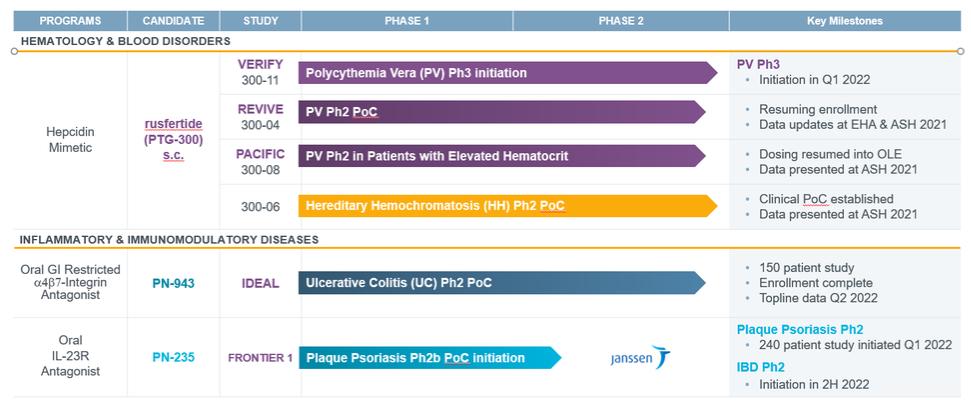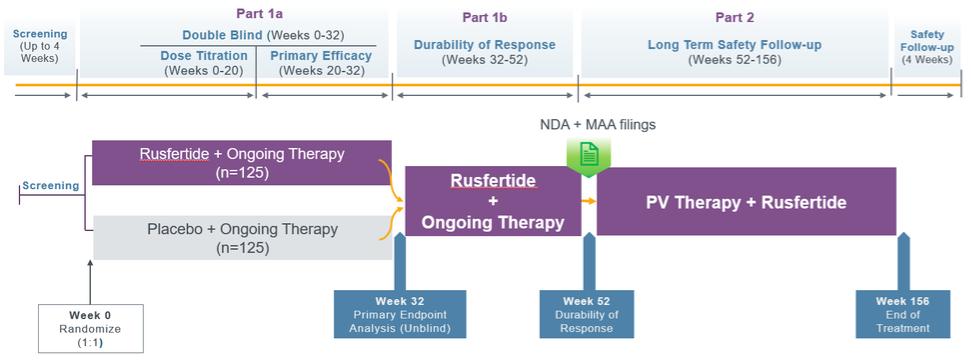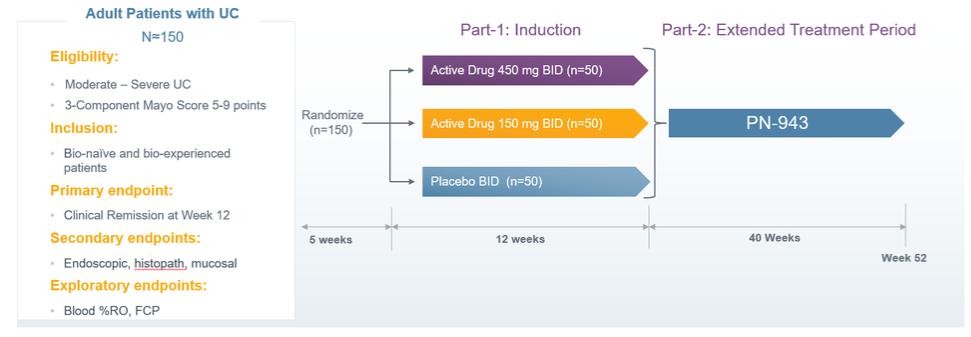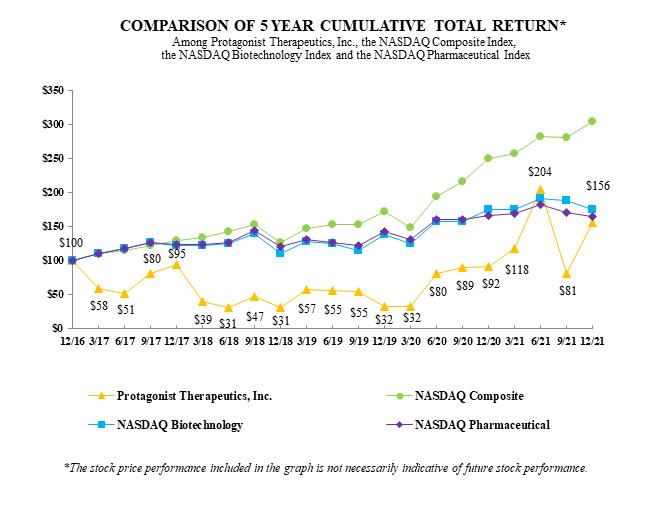our ability to operate include, but are not limited to, the federal Health Insurance Portability and Accountability Act of 1996 (“HIPAA”), as amended by the Health Information Technology for Economic and Clinical Health Act, which governs the conduct of certain electronic health care transactions and protects the security and privacy of protected health information; the criminal health care fraud statutes under HIPAA also prohibits persons and entities from knowingly and willfully executing a scheme to defraud any health care benefit program, including private payors, or knowingly and willfully falsifying, concealing or covering up a material fact or making any materially false, fictitious or fraudulent statement in connection with the delivery of or payment for health care benefits, items or services; the federal health care programs’ Anti-Kickback Statute, which prohibits, among other things, persons from knowingly and willfully soliciting, receiving, offering or paying remuneration, directly or indirectly, in exchange for or to induce either the referral of an individual for, or the purchase, order or recommendation of, any good or service for which payment may be made under federal health care programs such as the Medicare and Medicaid programs; federal false claims laws and civil monetary penalties laws that prohibit, among other things, any person or entity from knowingly presenting, or causing to be presented, a false claim for payment to the federal government, or knowingly making, or causing to be made, a false statement to have a false claim paid; and the Physician Payments Sunshine Act, which requires certain manufacturers of drugs, devices, biologics, and medical supplies for which payment is available under Medicare, Medicaid, or Children’s Health Insurance Program to report annually to the HHS information related to payments and other transfers of value made to physicians (defined to include doctors, dentists, optometrists, podiatrists and chiropractors) and teaching hospitals, and ownership and investment interests held by physicians and their immediate family members and, beginning in 2022, applicable manufacturers also will be required to report such information regarding payments and transfers of value provided during the previous year to physician assistants, nurse practitioners, clinical nurse specialists, anesthesiologist assistants, certified nurse anesthetists and certified nurse-midwives.
The majority of states also have statutes or regulations similar to the aforementioned federal anti-kickback and false claims laws, which apply to items and services reimbursed under Medicaid and other state programs, or, in several states, apply regardless of the payor. We may be subject to state laws governing the privacy and security of health information in certain circumstances, many of which differ from each other in significant ways and often are not preempted by HIPAA, thus complicating compliance efforts. In addition, we may be subject to reporting requirements under state transparency laws, as well as state laws that require pharmaceutical companies to comply with the industry’s voluntary compliance guidelines and the applicable compliance guidance promulgated by the federal government that otherwise restricts certain payments that may be made to health care providers and entities. In addition, certain states and local jurisdictions require the registration of pharmaceutical sales representatives.
Because of the breadth of these laws and the narrowness of available statutory and regulatory exceptions, it is possible that some of our business activities could be subject to challenge under one or more of such laws. If we or our operations are found to be in violation of any of the laws described above or any other governmental regulations that apply to us, we may be subject to penalties, including significant administrative, civil and criminal penalties, damages, fines, imprisonment, disgorgement, additional reporting requirements and oversight if we become subject to a corporate integrity agreement or similar agreement to resolve allegations of non-compliance with these laws, exclusion of products from reimbursement under U.S. federal or state health care programs, and the curtailment or restructuring of our operations.
Government Regulation Outside of the United States
In addition to regulations in the United States, we will be subject to a variety of regulations in other jurisdictions governing, among other things, clinical studies and any commercial sales and distribution of our products.
Whether or not we obtain FDA approval for a product, we must obtain the requisite approvals from regulatory authorities in foreign countries prior to the commencement of clinical studies or marketing of the product in those countries. Certain countries outside of the United States have a similar process that requires the submission and approval of a clinical trial application much like the IND but specific to a clinical trial prior to the commencement of the human clinical study.
The requirements and process governing the conduct of clinical studies, the protection of personal data, product licensing, pricing and reimbursement vary from country to country. If we fail to comply with applicable foreign



